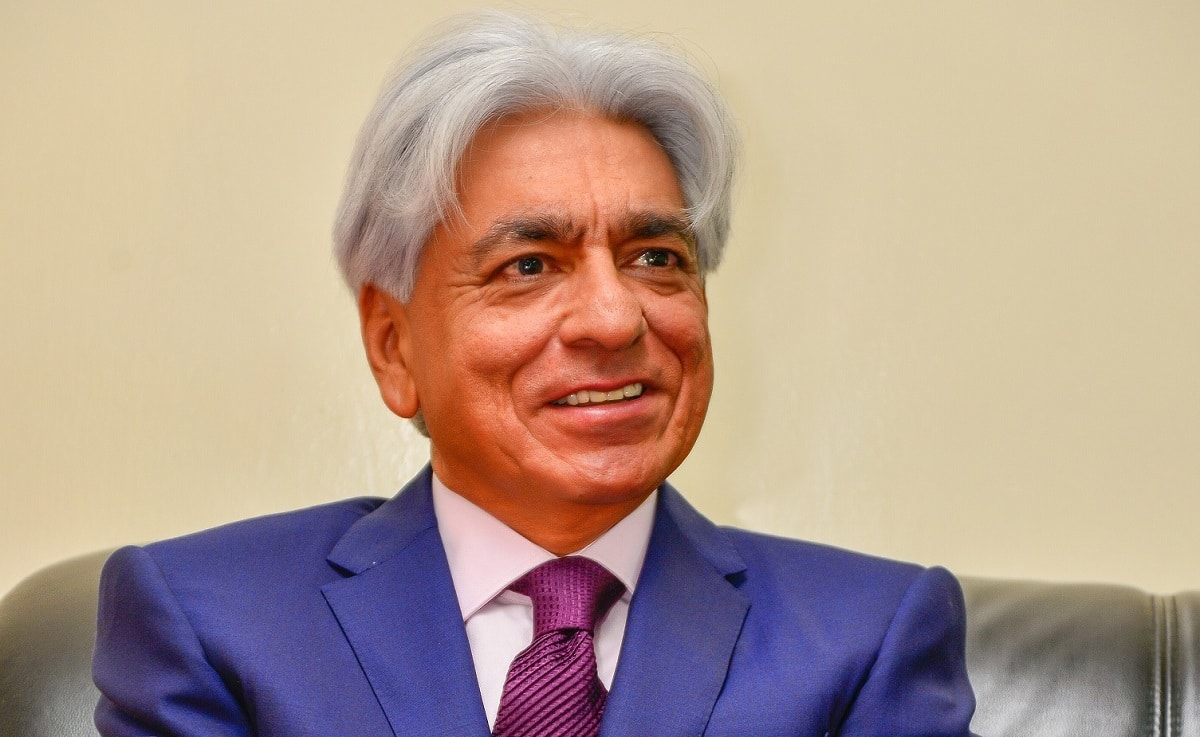Kenyan researchers and scientists were central to the development of a new single-dose HPV vaccine described as ‘highly-effective’ at the 34th International Papillomavirus Conference in Toronto on Wednesday, November 17.
Only 15% of women are vaccinated against HPV according to an analysis published in March in Preventive Medicine. While the current standard for women is a three-dose regimen, a Randomized Controlled Trial (RCT) of 2,275 women in Kenya showed that a single dose of the human papillomavirus (HPV) vaccine was highly effective.
The trial was funded by the Bill & Melinda Gates Foundation. Researchers came from the KEMRI Center for Clinical Research in Thika, the KEMRI Center for Medical Research in Kisumu, Kenya, the University of Washington Mombasa Lab in Mombasa, the International Clinical Research Center at the University of Washington School of Medicine in Seattle and the Fred Hutchinson Cancer Research Center in Seattle.
It is hoped that the vaccine will play a big role in the push to end Cervical Cancer, and researchers believe it could help make Cervical Cancer the first Cancer to be wiped out globally.
“This trial brings new energy to the elimination of cervical cancer. It brings great hope to the women living in countries like Kenya, who have a high burden of the disease,” observed Dr. Nelly Mugo, co-principal investigator on the study and senior principal clinical research scientist with the Center for Clinical Research at the Kenya Medical Research Institute (KEMRI) in Nairobi. Dr. Mugo is also a University of Washington (UW) associate research professor of global health.
READ>>Telemedicine Provider HealthX Enters Kenyan Market
Ruanne Barnabas, principal investigator of the trial and a professor of global health at the University of Washington School of Medicine, noted that the KEN-SHE trial could help the World Health Organization (WHO) reach its goal to have 90% of 15-year-old girls vaccinated against HPV by 2030.
“The single-dose vaccine was highly effective at 18 months for HPV vaccination. The single-dose efficacy was the same as multiple doses,” she observed.
In the trial, women 15 to 20 years old were randomly assigned a therapy and followed from December 2018 to June 2021.
The majority of participants (57%) were between 15 and 17 years old and most reported one lifetime sexual partner (61%). To be eligible, participants needed to be sexually active, have no more than five lifetime partners, be HIV-negative, and have no history of HPV vaccination.
Hailing the researchers, KEMRI acting director general, Professor Sam Kariuki stated: “These findings are a gamechanger that may substantially reduce the incidence of HPV-attributable cervical cancer and positions single-dose HPV vaccination as a high value and high impact public health intervention that is within reach for us.”
According to researchers, the desire to see the Cervical Cancer ward at Kenyatta National Hospital (KNH) empty was a big inspiration.
“I believe that I will see cervical cancer eliminated in my lifetime. So, let’s do this — one shot for every woman!” said said KEMRI’s Dr. Maricianah Onono.
READ>>NMS Incorporates Mental Health Care In New Level 2 &3 Facilities

![KEMRI scientists at work. The institute's researchers together with the University of Washington are behind the new single-dose HPV vaccine. [Photo/ KEMRI]](https://businesstoday.co.ke/wp-content/uploads/2021/11/KEMRI-Scientists-at-SMURF.jpg)











Leave a comment